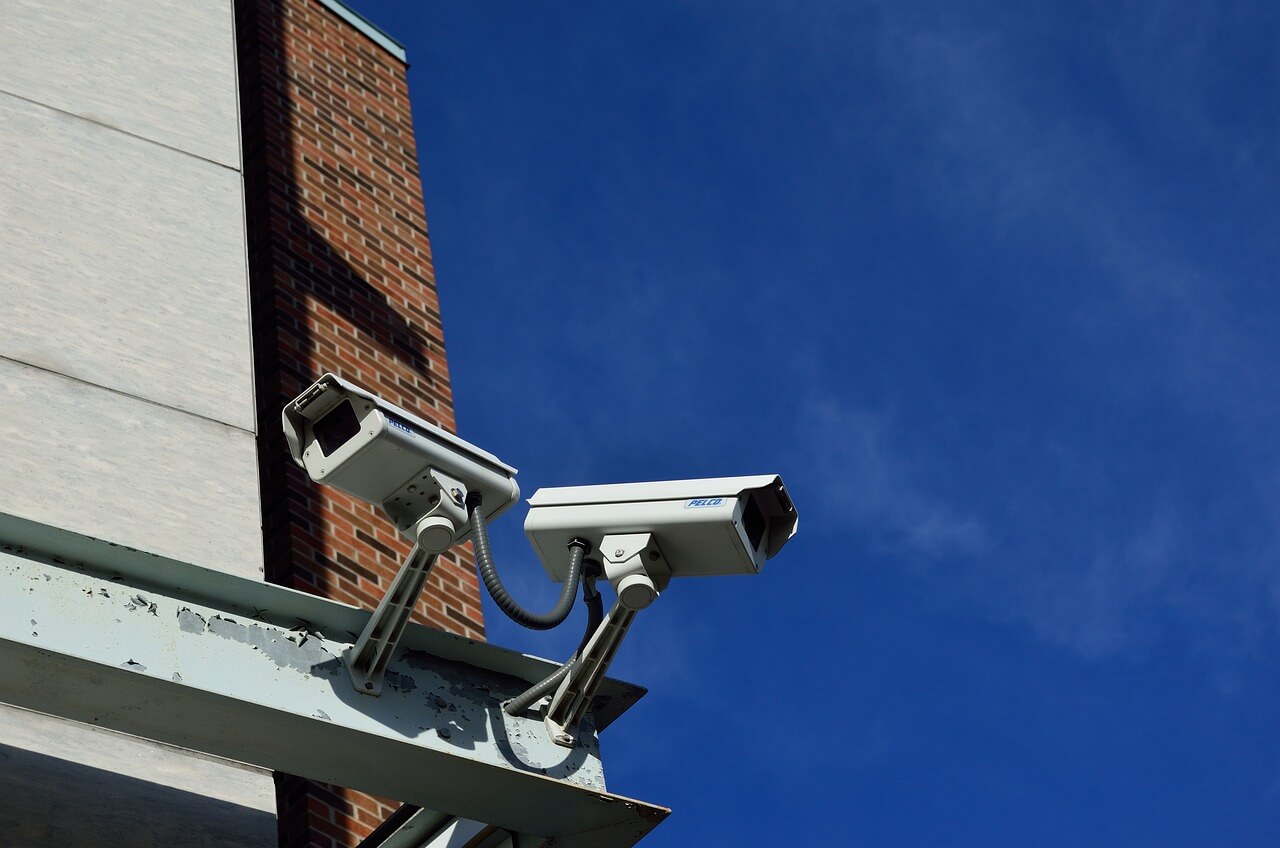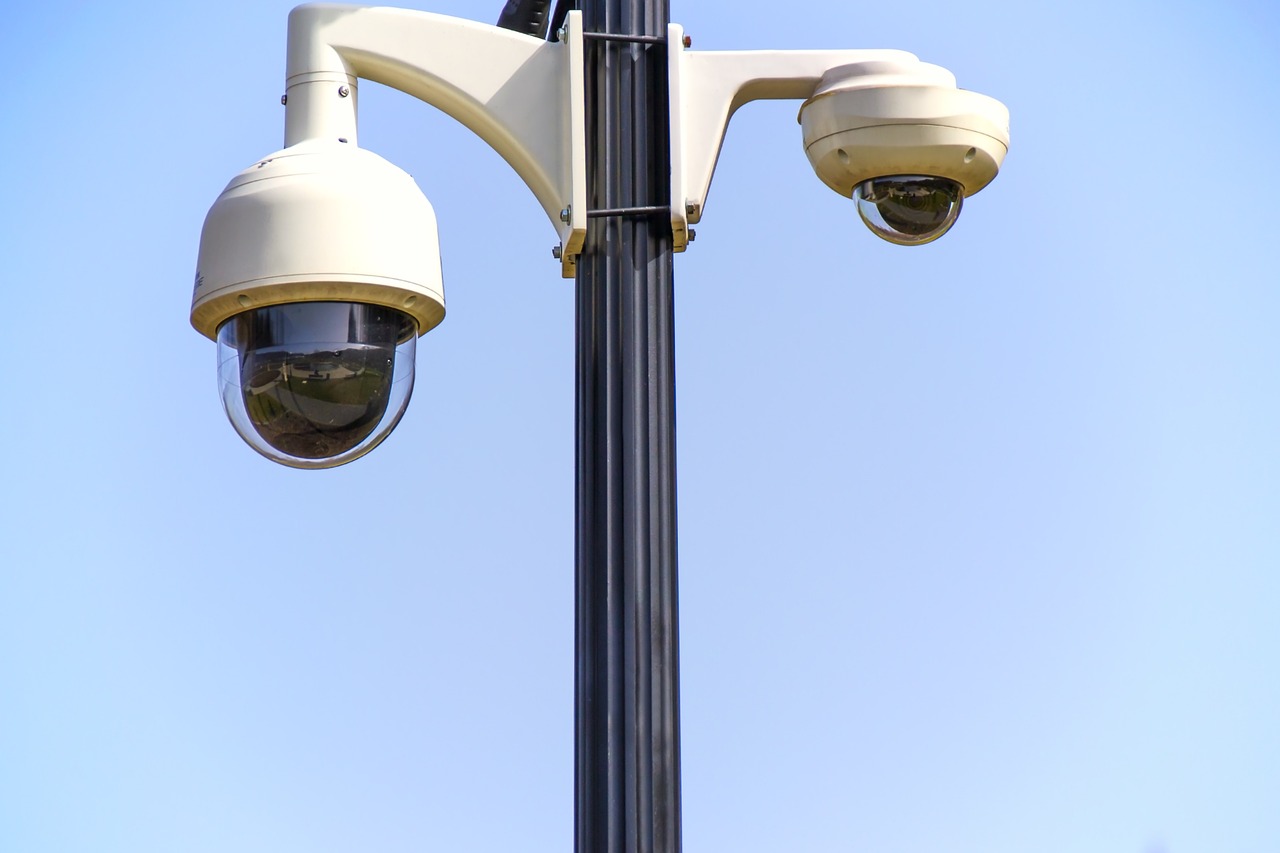IP Security Cameras VS Analog Security Cameras
May 8, 2023

Video surveillance has come a long way since the days of grainy black and white footage. Technology has advanced to the point where we can now see ultra-high-definition images in full color. But with all this advancement, there are still two main types of security cameras on the market: the newer and more advanced IP security cameras and the traditional but still widely used analog security cameras.
So, what's the difference between the two? Here, we're going to look at IP security cameras vs analog security cameras so you can make the best decision for your business or home security needs.
Analog Security Cameras
When you compare IP vs analog cameras, it's clear that analog CCTV cameras have been used in video surveillance for many years and are the most common type of camera in most older buildings and homes. They work by sending an analog signal over a coaxial cable to a DVR (digital video recorder), which then processes and stores the footage. They are relatively affordable and easy to set up and use. Many of the newer analog cameras are able to produce high-definition images over coax cable. In order to achieve high definition over coax, you must also have a DVR that is capable of displaying high-definition video. Many of the newer digital video recorders are high definition and also backward compatible with older analog cameras.
Pros of Analog Security Cameras VS IP Security Cameras
1. Lower Cost
Analog cameras have been the standard for surveillance systems for many years. They are a good choice for businesses that have a pre-existing coax cable infrastructure in place and don't need the advanced features that IP cameras offer. Analog camera systems include a DVR, coaxial cable, camera power source, and monitor.
2. Simplicity
Analog camera systems mainly offer features such as live viewing, playback, and remote viewing. They typically do not offer as large of a selection in terms of camera options or all of the advanced analytics and AI features available in the newer IP camera systems.
3. Easy Compatibility
Analog cameras can be used with any existing coaxial-cable CCTV infrastructure. Analog cameras are also super compatible with each other, so you don't need to worry about mixing and matching brands.
4. Analog High Definition (HD) is Getting Better
Newer analog cameras now support HD resolutions. This means that you can get the benefits of high-definition video without having to switch to an IP camera system. So, if you're comparing IP security cameras vs analog cameras and don't need the extra features that IP cameras offer, HD over coax security cameras might be a good fit for you.
Cons of Analog Security Cameras
1. Less Flexible than IP cameras
Analog security cameras are limited by their need for a physical connection to a video recorder. This can make it more difficult to add additional cameras or make changes to your system.
2. Limited Video Resolution and Image Quality
Another potential drawback of analog security cameras is the limited video quality. Most DVR units are not capable of recording as many frames per second in high definition. Recording video at a lower frame rate can make playback appear choppy. Many NVR units are able to record high-definition video at a higher frame rate. More frames per second equals better quality video evidence. So, compare IP vs analog HD cameras before upgrading.
3. Less Surveillance Coverage
Comparing IP security cameras vs analog cameras, analog cameras typically have fewer available options in terms of camera selection. This can make it more difficult to cover all of your needs.
IP Security Cameras
Looking at IP security cameras vs analog cameras, IP security cameras are gradually becoming the new video surveillance standard. They are digital cameras that receive and send video footage via an IP network, with footage recorded and stored via a Network Video Recorder (NVR). They transmit data via ethernet cable and can be used for indoor or outdoor surveillance.
Pros of IP Security Cameras

1. Higher Resolutions
IP cameras offer resolutions up to 12 megapixels. This allows for much greater detail to be captured, which can be important in identifying potential threats, objects, and people's faces more easily. With up to 4K HD resolutions, you can be sure to capture even the smallest details.
2. Easier to Install and Configure
Comparing IP security cameras vs analog cameras, IP security cameras are easier to set up and configure than their analog counterparts. All you need is a direct wired connection to the NVR unit with a single ethernet cable that transmits both power and data, IP cameras are also much simpler to install.
3. Superior Features and Functionality
This is where the main IP vs analog camera differences lie. IP cameras come packed with a range of features and functions that are simply not possible with analog cameras. These include:
- Two-way audio for communicating with people on site
- Video analytics for advanced threat detection
- Wide Dynamic Range for improved image quality in backlit or high-contrast situations
- Video encryption for added security
4. Greater Scalability
When comparing IP security cameras vs analog cameras, IP security cameras are much more scalable than analog cameras. With an IP network, you can easily add additional cameras as your needs grow. You can also mix and match different types of IP cameras to create a customized surveillance solution for your specific needs.
5. Remote Viewing and Management
IP cameras can be accessed remotely via PC, smartphone, or tablet from anywhere, anytime. This makes it easy to check in on your property, even when you're not there. You can also manage and configure your IP cameras remotely, making it easy to make changes or add new features as needed.
Cons of IP Security Cameras
When comparing IP security cameras vs analog cameras, it's important to consider the cons of IP cameras as well.
1. High Cost of Initial Setup
IP security cameras are more expensive, especially when upgrading from an analog CCTV system. This is due to the fact that IP cameras come with more advanced video surveillance features.
2. Increasing Storage Needs
When you compare IP security cameras vs analog cameras, IP surveillance systems require more storage as they generate larger files. When adding HD and megapixel cameras to an IP system, storage can become very costly. Luckily, with NVRs coming with features like H.265 video compression, you can greatly reduce video storage needs.
Learn More at CCTV Security Pros
IP security cameras are better than analog cameras in almost every way. The benefits of higher-quality images, remote accessibility, and easier installation make IP cameras the best choice for most applications. However, if you already have an analog CCTV system but want to enjoy HD CCTV, you can upgrade your existing cameras to HD by using a HD over Coax DVR and installing the latest HD cameras.
Want to learn more about IP vs analog cameras and systems? Visit our blog at CCTV Security Pros or contact one of our security experts at 888.653.2288. Want to upgrade once you’ve compared IP security cameras vs analog camera differences? We offer free system consultations to get you started - shop IP and HD security cameras.




